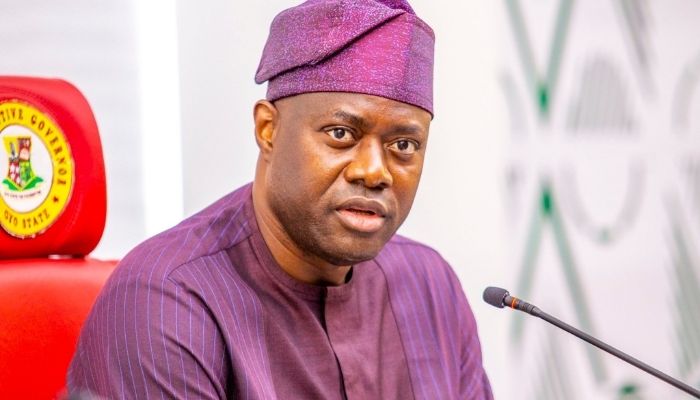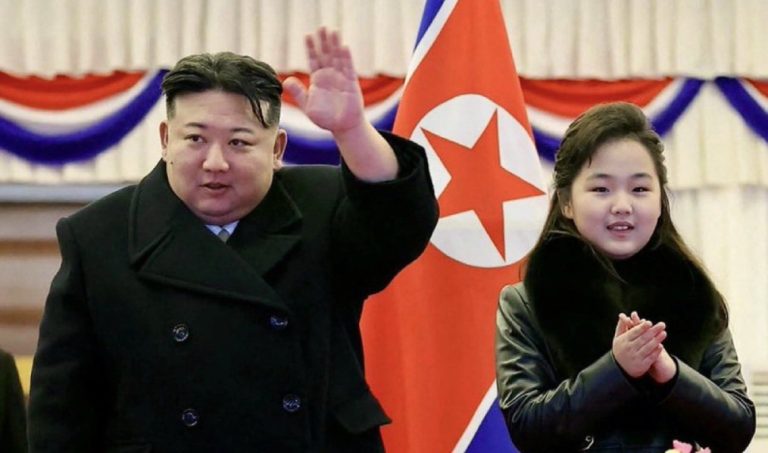
The West African bloc Ecowas will meet on Thursday to discuss the coup in Niger, as cracks appeared in its unity and the military junta in Niamey refused to cave in to international pressure to stand down.
The announcement that the Economic Community of West African States would gather in the Nigerian capital, Abuja, came hours after the coup leaders ignored a deadline to reinstate the ousted president after the power grab on 26 July – a move the bloc had earlier warned could lead it to authorise a military intervention.
Shortly before the deadline, coup leaders closed Niger’s airspace until further notice, citing the threat of military intervention.
“In the face of the threat of intervention that is becoming more apparent … Nigerien airspace is closed effective from today,” a junta representative said in a statement on national television on Sunday evening.
He said there had been a pre-deployment of forces in two central African countries in preparation for an intervention, but did not give details.
“Niger’s armed forces and all our defence and security forces, backed by the unfailing support of our people, are ready to defend the integrity of our territory,” the representative said.
The coup leaders warned any attempt to violate Niger’s airspace would face “an energetic and instant response”.
Ecowas defence chiefs agreed a possible military action plan, including when and where to strike, if the ousted president Mohamed Bazoum was not released and
reinstated by the Sunday deadline.
On Monday, an Ecowas spokesperson, Emos Lungu, said the bloc would hold an extraordinary summit to discuss Niger on Thursday at the organisation’s headquarters in Abuja.
However, the bloc’s unity has been shattered by support for the coup leaders from the ruling juntas in Mali and Burkina Faso, both members of Ecowas, and a pledge to come to Niger’s defence if necessary.
On Monday, the Malian army said it would send a delegation to Niamey to show solidarity and a military plane from Burkina Faso was reported to have landed in the Niger capital at about 11.20am GMT.
Italy’s foreign minister, Antonio Tajani, had previously said Ecowas should prolong its deadline for Bazoum’s reinstatement.
“The only way is the diplomatic one. I hope the [Ecowas] ultimatum … which expired last night at midnight, will be extended today,” he told La Stampa newspaper.
Earlier, about 30,000 junta supporters flocked to a stadium in Niamey, the capital, cheering the decision not to stand down by Sunday.
The coup, the seventh in west and central Africa in three years, has rocked the Sahel region, one of the poorest in the world.
Given its uranium and oil riches and its pivotal role in a war with Islamist militants, Niger holds great importance for the US, Europe, China and Russia.
Bazoum, who is under house arrest, claims he is being held hostage and has urged the international community to help “restore constitutional order”.
He was democratically elected two years ago and is seen in the west as a key ally in the fight against Islamist extremists in the region.
France’s foreign ministry has advised French nationals not to travel to the country and urged those already there to show “the greatest vigilance”.
Gen Dominique Trinquand, a former French military representative at the UN, said the junta was “totally isolated”.
He added: “Nigeria, which supplies 70% of Niger’s electricity, has cut the supply. All aid has been cut while Niger is one of the poorest countries in the world.”
On Sunday, Paris announced it was suspending its €482m (£416m) development aid programme to neighbouring Burkina Faso, which – along with Mali – has expressed its support for the junta.
Last week Niger revoked military cooperation agreements with France, which has between 1,000 and 1,500 troops in the country.
Sunday’s television broadcasts included a roundtable debate on encouraging solidarity in the face of Ecowas sanctions, which have led to power cuts and soaring food prices.
The bloc’s military threat has triggered fears of further conflict in a region already battling the deadly Islamist insurgency that has killed thousands and forced millions to flee.
Any military intervention could be complicated by a promise from juntas in neighbouring Mali and Burkina Faso to come to Niger’s defence if needed, saying any military intervention against the new military rulers in Niger would be regarded as a “declaration of war”.
France announced on Sunday it was suspending development aid and budgetary assistance to Burkina Faso.
Bazoum’s prime minister, Ouhoumoudou Mahamadou, said on Saturday in Paris that the ousted government still believed a last-minute agreement was possible.
On Sunday, Italy said it had reduced its troop numbers in Niger to make room in its military base for Italian civilians who may need protection if security deteriorates.



